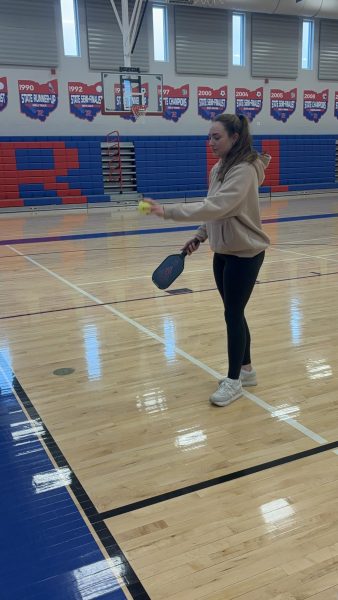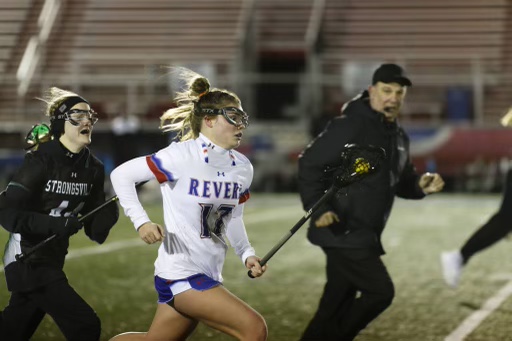Conditioning improves chances for athletic success

Some of the greatest misconceptions of non-athletes are that athletes simply excel at sports due to their natural God-given talent and that athletes look fit simply because they play sports. There are exceptions, but, overall, these statements are utterly ridiculous. In a theatre production, the actors and actresses do not simply put on a show out of the blue; they practice; they prepare; they condition.
This year it seems like there is an extra emphasis being placed on the off season for many teams. If one watches ESPN, he or she knows they started talking about the basketball season way before the games actually began. One may ask why that is. Well, because success is based on preparation. The amount of time and devotion involved in training can be a determining factor of how well the team will do this season. Conditioning is a very large portion of the preparation process in the off season. Now, when one thinks of conditioning, he or she may typically think running (I know I do). Conditioning, however, is personalized to each and every sport and particular athlete depending on his or her strengths and weaknesses.
Different athletes train in different ways. For example, a sprinter and a long distance runner would both have completely different conditioning programs, as one requires more stamina than the other. Through a series of exercises, athletes can see where their true weaknesses lie and can fix them so they have minimal weaknesses during the season. Conditioning also prevents injury, so athletes can play the entire season without any fall backs, unless one is named Lauren Weidinger (a very graceful person who manages to trip on flat ground).
Michael Boyle of strengthcoach.com states that the man with the most Super Bowl rings in NFL history is currently the New England Patriots Strength and Conditioning Coach Mike Woicek, not a player but a conditioning coach. Boyle also summarizes his views by concluding that there is a correlation between good strength and conditioning coaches and NFL success. So, although a team may be overflowing with “talent,” the team can still fail if they do not put in the effort to condition. But, conditioning also is not just limited to strength and agility training.
Another part of conditioning is mental preparation. As athletes, most are trained to live, learn and forget; however, remembering the past and figuring out how to fix it can create a huge difference in the game. Mental preparation does not just involve studying the past, analyzing the information and moving past the situation in a smarter way, but by being prepared for every obstacle and struggle one may face while conditioning. There are going to be times where one may not want to do anything, but even when one’s body is tired, his or her mind can push him or her on. If a person is controlled by a negative mindset, it will not take long for that person to lost his or her way, preventing him or her from reaching his or her full ability.
Edward Ash, owner of Activ Physical Therapy, states that mental conditioning can be even more important than physical conditioning. He explained that one’s physical strength and overall limits are much weaker than one’s mental strength, as physical strength can wear out but one’s mental state can remain focused for much longer. Ash also mentioned that eustress, or good stress, is part of one’s mental capacity, as eustress is the type of stress that pushes one to continue progressing. Though physical strength is highlighted more in conditioning classes, mental conditioning requires just as much attention when preparing for an upcoming season.
Conditioning plays a very large part in the preparation process. It allows athletes to strengthen themselves both mentally and physically for what obstacles lie in their way during the season. All of that hard work conditioning should pay off during the season, and if athletes do not try to better themselves in the offseason, they are left with the haunting question of “what if?”







